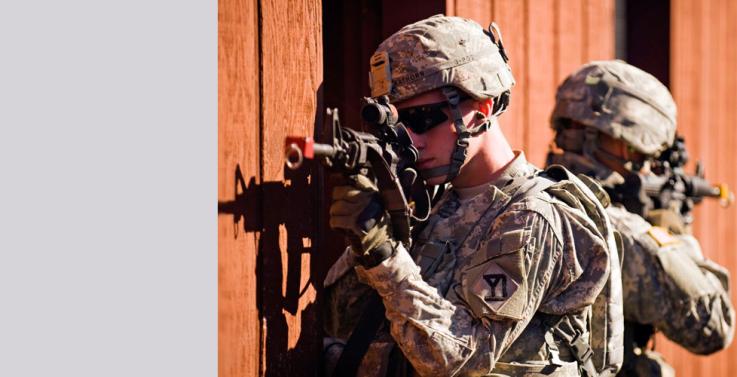
More than a decade of security-based measures against terrorism around the world has shown that these alone cannot fight terrorist activity and propaganda. Sometimes, security measures can even increase the appeal and take-up of violent extremism by young people.
Without 'soft power' initiatives that combat the reasons for the rise in violent extremism, our efforts are bound to fail, says Victoria University Professor Michele Grossman. "Business-as-usual is not an option," she says.
Writing in an article headlined 'Tough is not enough: ten smarter ways to counter violent extremism' published on The Conversation, Professor Grossman lists 10 strategies Australia could use in addition to security measures:
- Rethink current approaches to creating a positive 'counter-narrative', or alternative view of events, that combats enmity, hate and fear
- Follow the lead of Germany and Denmark in rehabilitating disenchanted returned foreign fighters, who can then be credible mentors of other potential recruits
- Challenge the media’s role in fostering xenophobia and an 'us and them' mentality: "The more coverage of terrorist-related issues demonises Muslim communities at large, the more entrenched a victim mentality can become."
- Demystify the romanticising of extremist violence as a higher form of social action as part of a broader anti-violence campaign in communities
- Use social media more often, more strategically and more creatively: "Combine image, text and sound to reach people in the same way that sophisticated violent extremist propaganda routinely achieves."
- Embed the intellectual and emotional skills needed to evaluate terrorist ideology in school and university curricula: "Young people must be equipped to argue against the interpretations of religion, history, politics and identity that are the bread and butter of terrorist recruitment."
- Target and undermine recruiters, the middle-men and -women in the supply-chain of violent extremism
- Recognise that women are becoming involved more often and in new ways in terrorist networking and influence
- Partner with communities at the grassroots, not just with selected community leaders, understanding that an older generation of leaders can sometimes lack the credibility to work effectively with radicalised young people
- Have government agencies share their data to enable research on which to base strategies. "Intelligence agencies have the empirical data but not the methodological skills to analyse and interpret these; researchers have the skills but lack the data," Professor Grossman says.
Following this article, Professor Grossman was invited to an in-depth interview on ABC News Radio.
She has conducted research into community interactions with police and security agencies for almost a decade and authored a major report with Victoria Police late in 2013 that included recommendations for helping police to better engage with diverse communities.
